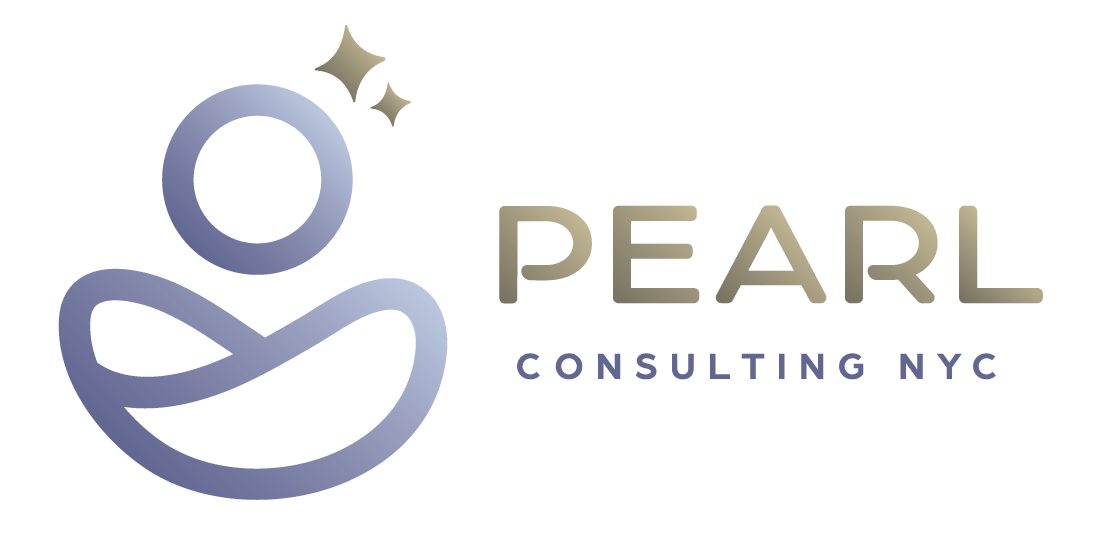You've Got the Knowledge, But Can You Explain it Simply? Here are 6 Simple Tips
Albert Einstein once said, “If you can't explain it simply, you don't understand it well enough.” And when you’re selling a product or service, the ability to clearly explain its value to your target audience is absolutely crucial.
Want to explain things more clearly to your readers? Here are six tips that can help.
Drop the Industry Jargon
Our clients have a lot of expertise in their respective fields, and showcasing it to potential customers is an important tool in content marketing. But we see many of these experts struggling to explain their topic in a clear, accessible way, leaving their potential clients more puzzled than ever. We often see those in service-based businesses like technology firms, financial services, and HR consulting firms using acronyms that most people have to google or tossing around industry jargon - “cloud computing,” “performance continuum,” “blockchain” - without considering the need to better explain those concepts to their target audience.
Organize Your Thoughts
Many experts keep a lot of information in their heads. Sometimes this can make it difficult to write something focused, because everything seems important and connected in their minds.
One way to encourage focus is to create an outline of some sort. It doesn’t have to be elaborate. It could be nothing more than a list of topics you want to cover.
Here’s one example:
Phishing
Define
Describe dangers
Brief history
How to protect yourself
Common methods
My new method
Why my method is better
Conclusion
Repeat dangers of phishing
Call to action
Once you start writing, you may quickly wander away from the outline as new points occur to you. But having a loose structure to work within makes it less likely you will forget anything important.
Define Your Terms
Recently on a popular Reddit Internet discussion forum someone asked whether he was wrong to turn an “Apology Dinner” into a potluck. As people quickly pointed out, he took pains to explain what “potluck” means but didn’t offer a definition of “apology dinner,” which was the thing most commenters wanted defined.
When explaining, continually ask yourself, “is this something most of my readers are familiar with?” Part of this comes down to who you’re writing for. A marketer writing for people in marketing doesn’t need to explain what a CTA, sales funnel or lead magnet is, but if they’re writing for accountants then they’ll need to explain these marketing terms.
If you’re not sure, better to explain more than not explain. People probably wouldn’t have thought it was odd of that guy on Reddit to explain potlucks if he’d also explained apology dinners.
Keep Your Promises
One of the most common things we see in our work with clients and elsewhere is experts who make promises in their content that they don’t keep. For example, beginning a paragraph with “these are the three most essential things you need” and then listing only two things.
Clearly they had three things in mind when they started the paragraph, but when they explained the first points they got distracted and forgot to include the last one. (PS, this is where a good outline helps.)
Sometimes writers may think they’ve clearly listed every item when they haven’t. For example, a chef might say: “You can’t make an omelet without two important ingredients. As you’re buttering the pan, remember the second important ingredient - eggs.”
The two ingredients are butter and eggs, but the phrasing is perplexing. How about if instead we write: “You can’t make an omelet without two important ingredients. First, you’ll need butter to coat the pan. And second, (of course), you’ll need eggs.”
Bring People Up to Speed
Imagine you’re great at a video game, and you want to explain how to beat the final boss. So you tell all your friends how you did it and they respond by asking, What kind of game is it? What platform is it on? How do you play it? Is it hard or easy?
Since you’re excited about your strategy for that final battle, these questions may strike you as irrelevant. But if you want to explain something to people who don’t know much about it, the first thing you have to do is to get everyone up to speed.
Stick to the Most Important Points
There is always more you can say. You can always add more helpful information about a topic. But unless you’re writing an entire book, you’ll find that you can’t get it all in. Is there more I could say about the art of explaining? Sure. I could talk about the importance of grammar, using the appropriate voice, not getting lost in the weeds, establishing your expertise, or the use of analogies. But then I’d have this long, long article that you’d never want to finish.
If you’re an expert who struggles to explain how you can benefit your target audience clearly, we’d be happy to help. Contact us and we can explain how.






